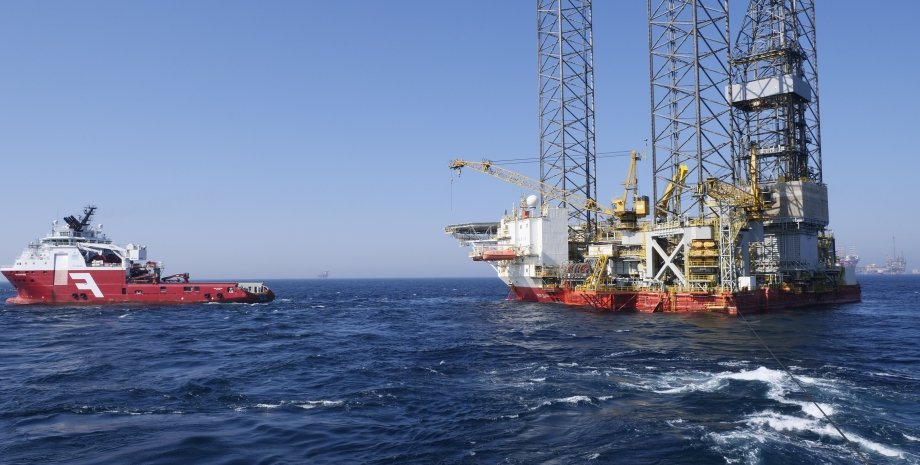
According to the source, GTS decided to break all possible ties with Russian oil. "The company declared its customers at the end of February 2024 that even if there are no violations of any laws, rules or sanctions, it will not accept any products of Russian origin or any products loaded from Russian ports as an additional event to the current sanctioning rules ", - reports in the source.
The statement also stressed that all previous transactions were strictly compliant with sanctions, including the price limitations set by the G7. Journalists say that the new GTS strategy is an additional step to eliminate the consequences of activity that is beyond its scope and control.
It should be noted that despite the sanctions and severe economic status of the Russian Federation, in the country for 11 months of 2023, according to Bloomberg, oil wells were drilled at a total depth of 28 100 kilometers.
It is noted that the growth of activity coincided with the restoration of both the volume and the cost of Russian oil exports, which clearly demonstrates how the fossil fuel industry in the country has become a key source of funds, which then use the Armed Forces of the Russian Federation for war against Ukraine. On February 13, the media reported that the Russian Federation blocked part of the fleet for oil transportation.










All rights reserved IN-Ukraine.info - 2022